Governor elect Wes Moore plans comprehensive changes to Maryland’s education system
Photo used with permission from Google Commons
Governor elect Wes Moore and Lieutenant Governor elect Aruna Miller speak with voters in Montgomery County on Oct. 23.
Wes Moore made history in Maryland as the first Black governor elected in the state and the third in the country. Lieutenant governor elect Aruna Miller added to the historical win as the first immigrant elected to statewide office in Maryland.
The race was called by the Associated Press on Nov. 8, with Moore winning 64.7% of the vote, flipping Maryland’s governor office from Republican to Democrat after seven years. Moore ran on a platform to protect reproductive rights, end childhood poverty, and support marginalized groups in Maryland. The central message of his campaign being “leave no one behind,” Moore made it clear he envisions a Maryland where everyone can succeed. “The phrase ‘leave nobody behind’ is not just a slogan. It is the value that will guide me as your next governor,” Moore said in his acceptance speech on election night.
Moore comes from a long line of educators and has made it clear education will be a top priority. His administration plans to break down long-standing inequities and work to deliver world-class education to every student, impacting schools across the state. “I am so glad that Wes Moore was elected as our governor and I believe he will make positive change,” junior Nico Dorazio said.
The Moore-Miller administration will continue the transformation of Maryland’s education system by fully funding and implementing the Blueprint for Maryland’s Future. Based on recommendations from the Kirwan commission, the landmark piece of legislation was passed in 2021 and includes a plan for extensive changes to Maryland’s public school systems, increasing education funding by $3.8 billion over the next 10 years. The blueprint focuses on preparing students for success in the modern workforce and lifting historically underserved communities through five distinct pillars: early childhood education, high quality and diverse teachers and leaders, college and career readiness, more resources to ensure that all students are successful and governance and accountability. Moore has committed to working with local school districts to ensure the Blueprint receives funding and is implemented at the state level so children are supported “from cradle to career.”
Starting from cradle, Moore plans to reduce the cost burden of infant and toddler care. The Moore Miller administration will fully fund the Child Care Scholarship fund and ensure more families are able to access the funding by streamlining the application process. They will also work to lower the cost of preschool and explore ways to expand the criteria for free preschools, so more families are eligible. Strengthening Maryland’s early childhood education and child care programs and supporting Maryland’s early childhood workforce is a large part of the Moore Miller administration’s education plan.
Since the Covid-19 pandemic has negatively impacted students’ social and emotional well being, Moore wants to implement new approaches to support and address trauma in students, including providing support to hire and train more school counselors, social workers, psychologists and ESPs so the student to adult ratios meet industry standards. Moore also wants to provide specific support to LGBTQ+ students, who are at high risk for bullying, harassment and suicide.
Another key part of Moore’s education plan is combating the school-to-prison pipeline evident in schools across the state. Students in Maryland are arrested at a higher rate of 3.1 students per 1,000, compared to the national arrest rate of 1.2 students per 1,000. As governor, Moore has promised to reinstate Maryland’s commission on the school-to-prison pipeline and work to implement the commission’s recommendations. Moore wants to eliminate criminal penalties for “disorderly conduct” because he believes it is a broad charge that criminalizes adolescents’ behavior. Moore also plans to work with local law enforcement, school districts and teachers to create a model for School Resource Officers, ensuring they are not involved in school disciplinary decisions.
Maryland schools are experiencing teacher shortages all across the state. Nearly half of Maryland educators leave within the first three years and more than 5,500 teachers in Maryland have left the profession in 2022. Moore has recognized the importance of addressing teacher shortages and will combat this challenge by raising educators salaries, providing funding to programs that promote teaching professions, expanding innovative teacher mentorship programs and strengthening collective bargaining rights for educators, ensuring educators can include class size in agreements.
The Moore Miller administration believes supporting students as they transition out of school and into the workforce is important. Moore plans to implement a service year option program into the blueprint, that will enable high school graduates to serve for one year in a public service role, in exchange for job training, mentorship, support and compensatory tuition at a Maryland college or university. Moore also wants to create more opportunities for students to participate in not only dual enrollment programs but also apprenticeships, recognizing higher education is not the path for every student. “We will invest in apprenticeship and trade programs, so that in our Maryland, every young person has a pathway to long-term economic success,” Moore said in his acceptance speech.
Your donation will support the student journalists of Thomas S. Wootton High School. Your contribution will allow us to purchase equipment and cover our annual website hosting costs.
Elizabeth is a 2024 graduate.


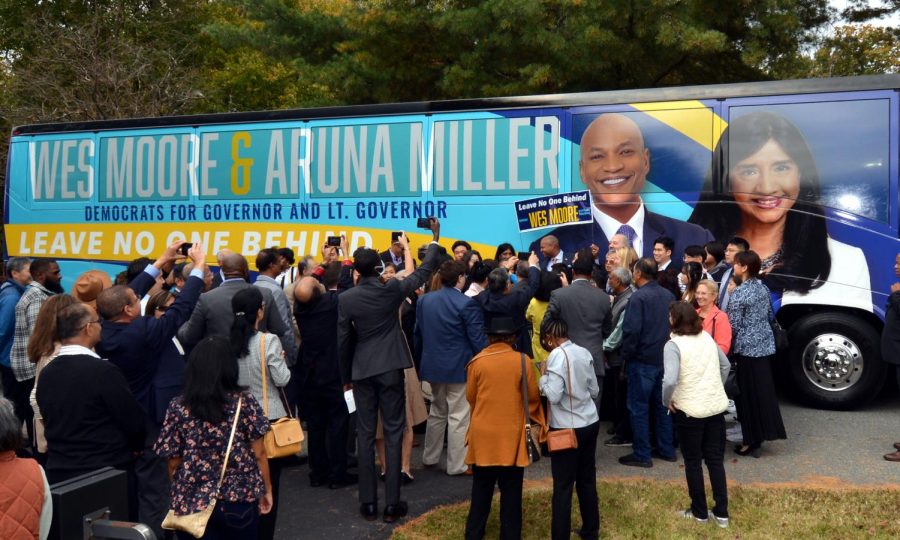
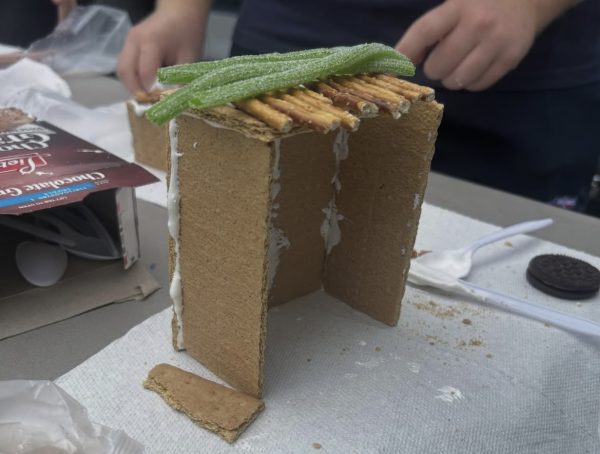
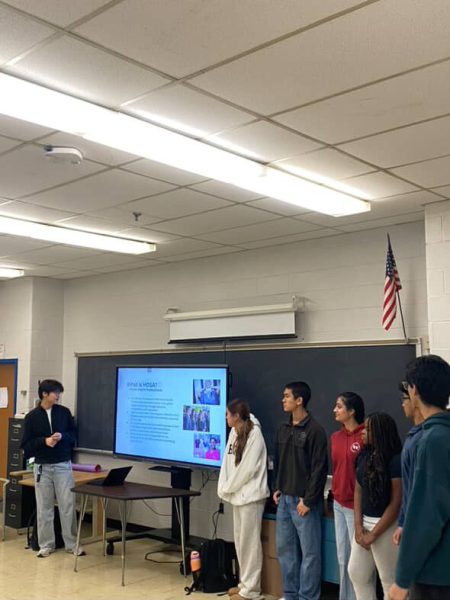
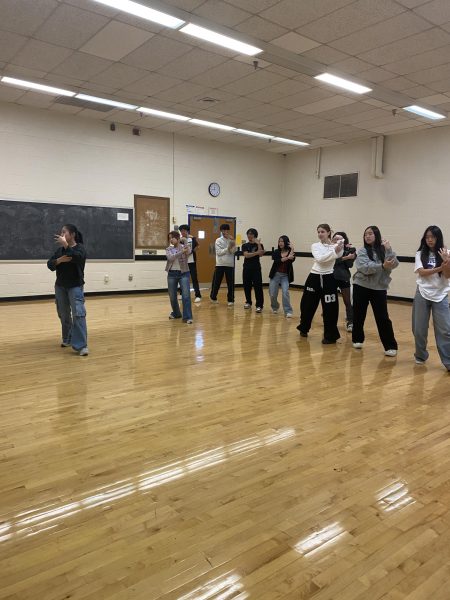
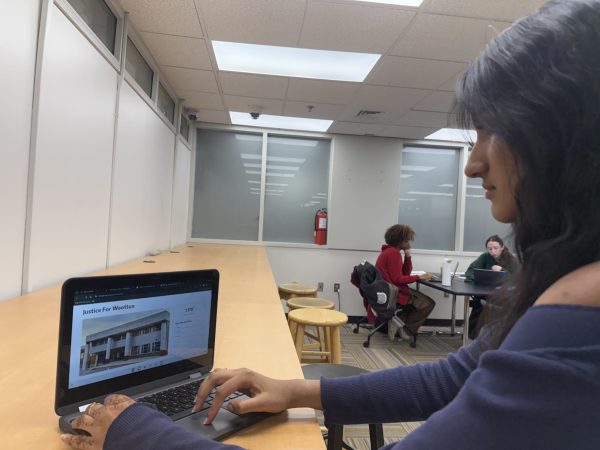

The Other Wes Moore • Dec 18, 2022 at 9:23 PM
All that sounds expensive.Get ready to open up your pocketbooks for his pie in the sky policies